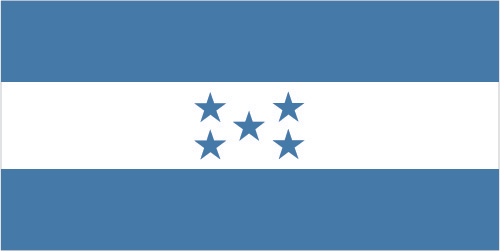Honduras completed its TNA in 2017. Strategies initially identified in the TNA have been incorporated into Honduras’ Nationally Appropriate Mitigation Action. The Technology Action Plans developed on the basis of the TNA are recognized in Honduras’s NDC, where they are deemed important in achieving the NDC targets.
Agriculture is central to Honduras’s economy. The coffee sector alone has more than more than 96,000 small producers and employs around a million workers. The rural population depends overwhelmingly on rain-fed agriculture as its principal livelihood and is thus challenged by climate change, as water scarcity will become more severe. While droughts may be destructive, it can be equally devastating when the rain finally arrives. Torrential downpours and flash floods are common across Honduras, washing away fields of crops, bridges and houses.
One of technologies highlighted by the TNA was the use of biodigesters, as they have great potential in managing manure to control the amount of methane released into the atmosphere. In the case of Honduras, they can be utilized in gas production for domestic use, lighting, heating and in some cases power generation. If one biodigester is constructed per family with livestock, it is estimated that each biodigester will lead to a reduction of 1 to 5 tCO2e per year.
As a push to revive the decreasing cattle population, the TNA laid out a strategy to increase the cattle population sustainably through improvements to animal feed by means of pastures and fodder banks, genetic improvements, veterinary programs and improved farming systems.
This was in line with Honduras’s national policy to increase its cattle population, which has declined over the past two decades mainly because of a series of hurricanes and the conversion of pastures into palm-tree plantations. The Nationally Appropriate Mitigation Action and the TNA were developed at the same time, demonstrating how the TNA can inform planning tools and how planning tools can develop in tandem, with feedback from each other.
Honduras’ TNA contributes to the following Sustainable Development Goals:







